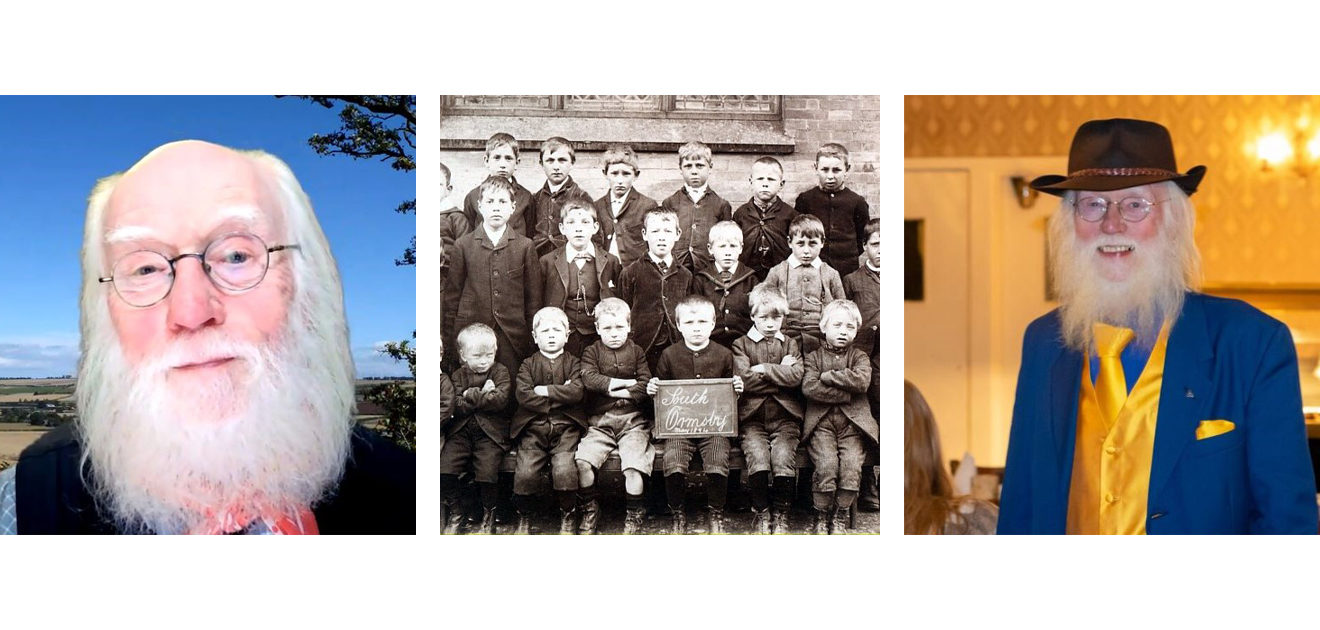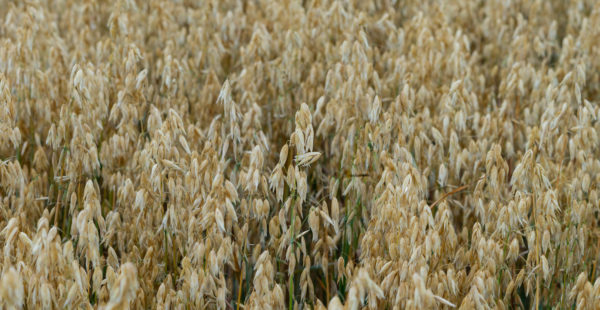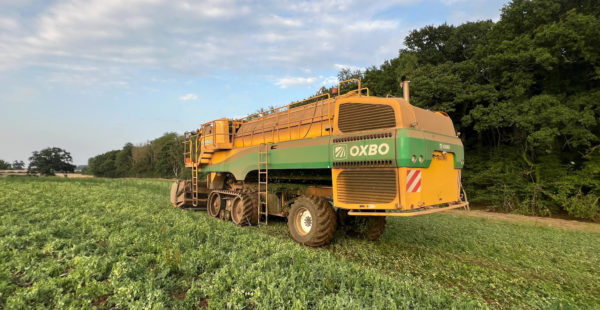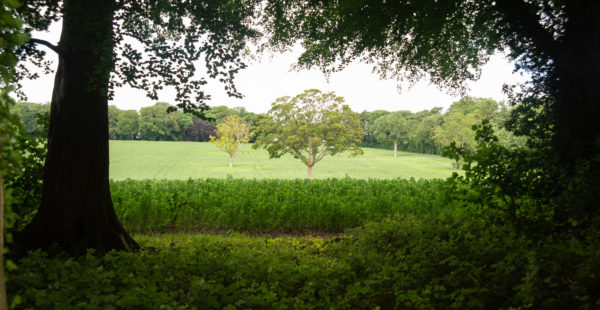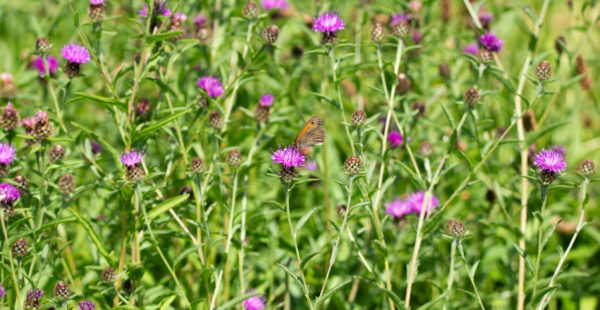Spinning a Good Yarn: a Storyteller’s Story
When you jump into our Lincolnshire Wolds Outdoor Festival Open Weekend in May, you may have the good fortune to meet and chat to Keith Butters, a true yellowbelly and a bona fide storyteller. Keith is a dab hand at spinning a yarn the old-fashioned way and keeping this oral tradition alive is his calling. With his yellow waistcoat, black hat and white beard, Keith cuts quite the dash. You won’t struggle to spot him and you won’t have to ask twice for a beguiling story.
“I’m Lincolnshire born and bred,” said Keith. “I live in the same cottage I was brought up in. My ancestors go back generations, all based in South Ormsby. If I go to St Leonard’s Church, I can see my ancestors’ graves there. My parents’ ashes are there and I found my great-great-great-grandfather, a parish clerk.
“I did three years at Nottingham Polytechnic in the early 1970s followed by a year at Nottingham College and a year at Allied Brewers. I studied applied biology in Burton-on-Trent and while there I became a Christian. I felt that when I’d been in Lincolnshire up to that point, I hadn’t heard the gospel. I was inspired to bring the good news home and I took over my father’s farm and later moved into ministry.
“My Christian faith inspired my storytelling and I do include the old bible stories. I’m thinking about learning a slimmed-down version of the Book of Ruth and at Easter I’ll do the resurrection story. The first five books of the bible weren’t written down for centuries. Like many great stories, they were passed down orally.
“In the 21st century I moved into web design and set up 85 websites for businesses. Since I retired, I’ve had loads of gigs come in, including a bit of painting and decorating. I’ve had a rare and varied career. In my time at college, I learned how to learn and I’ve turned my hand to lots of things.
“Storytelling is best done in a small room with up to 25 people. It’s a bit like an old-fashioned ceilidh. When you think about a ceilidh today, you think about folk music and dancing. But in the days before TV and radio, a ceilidh would involve a family coming together and taking turns to tell a story, sing a song or recite a poem. In other words, home entertainment!


